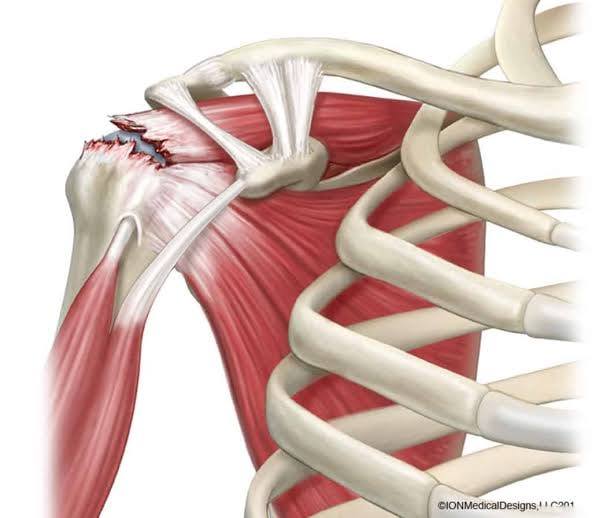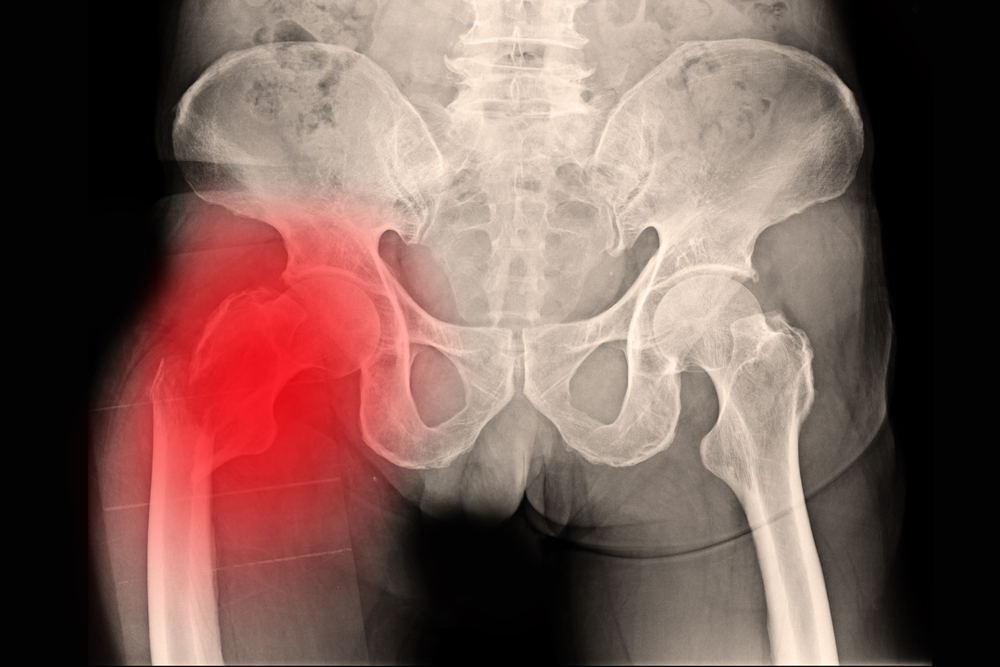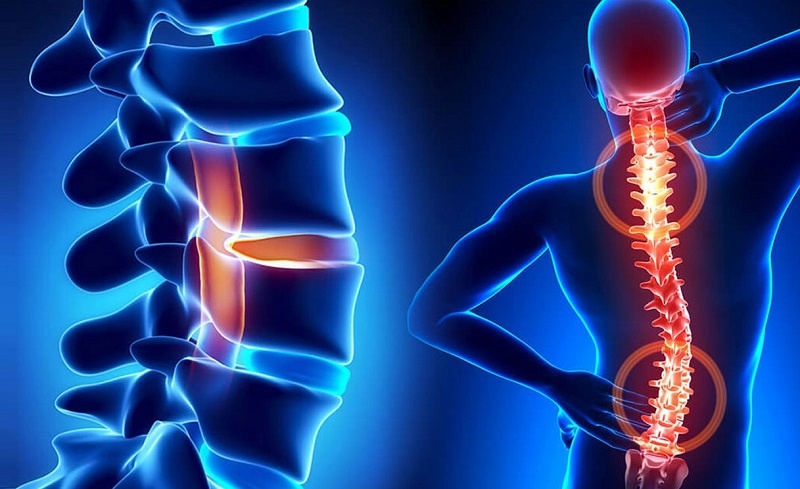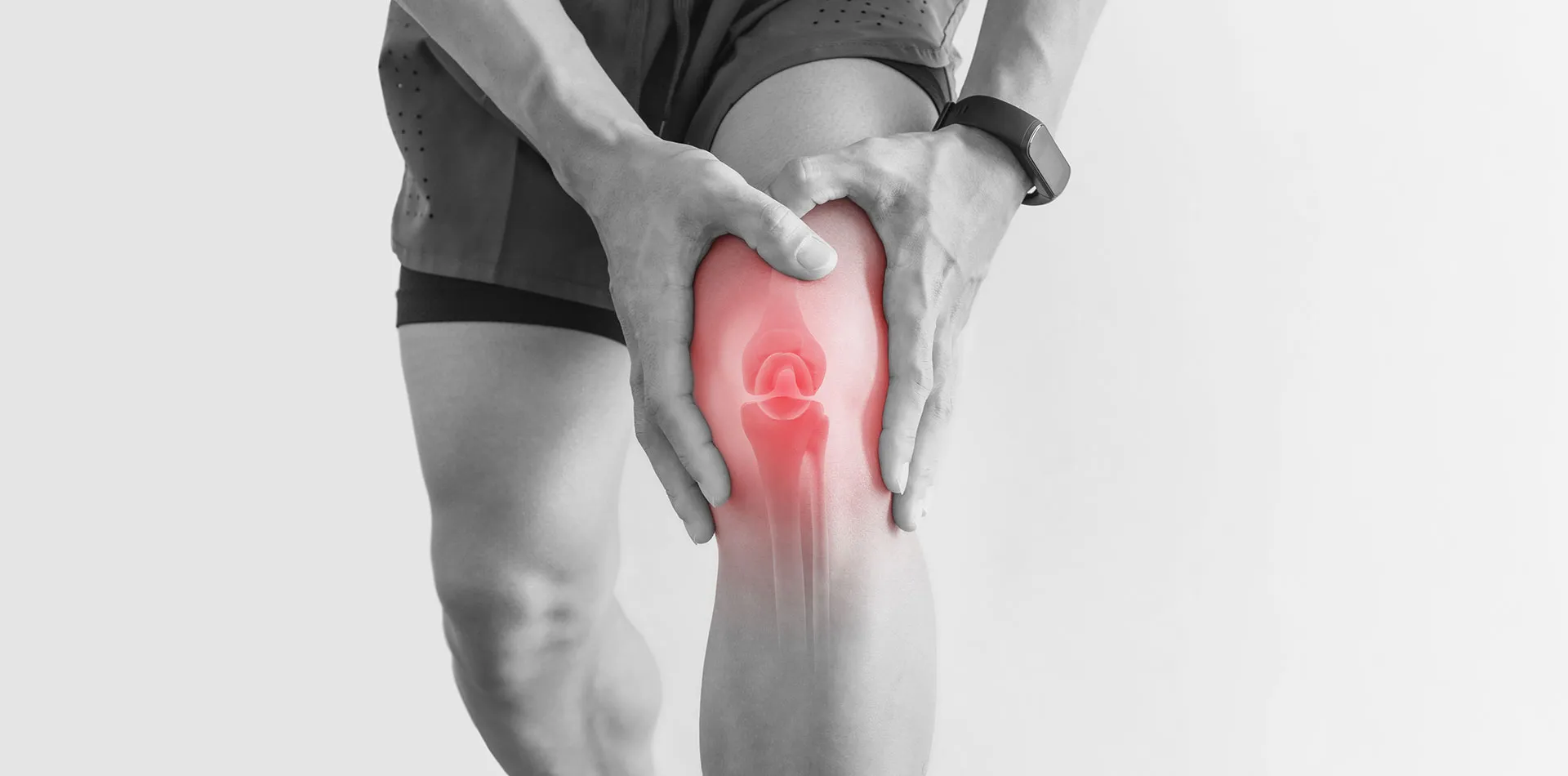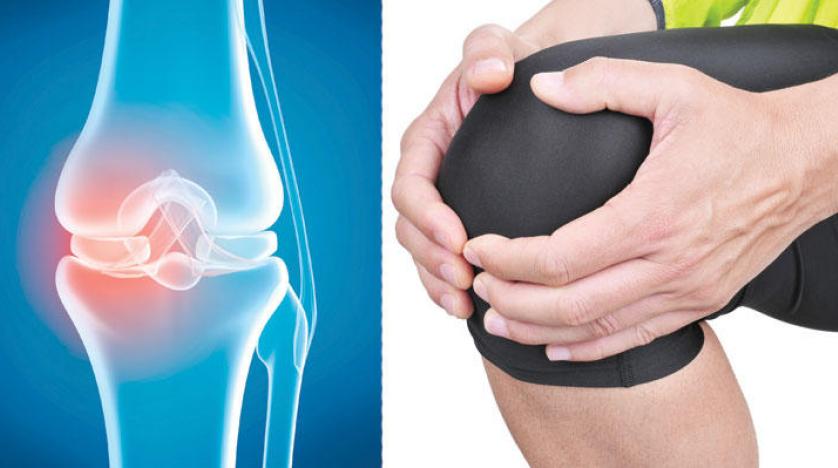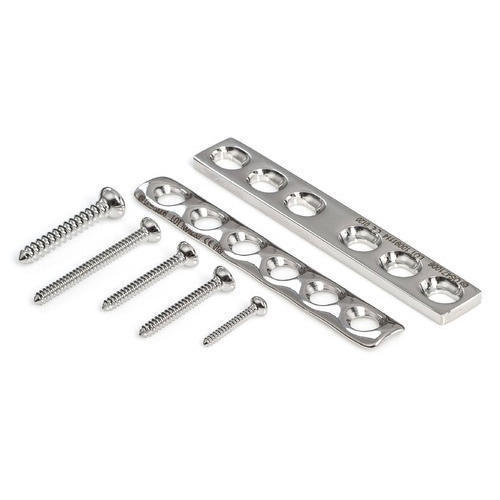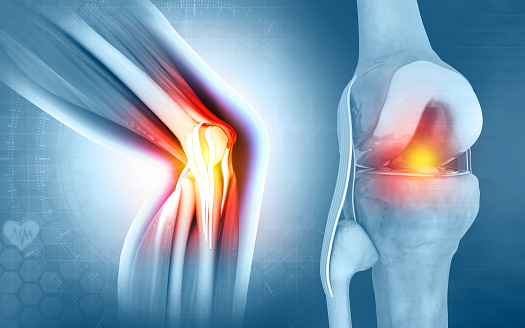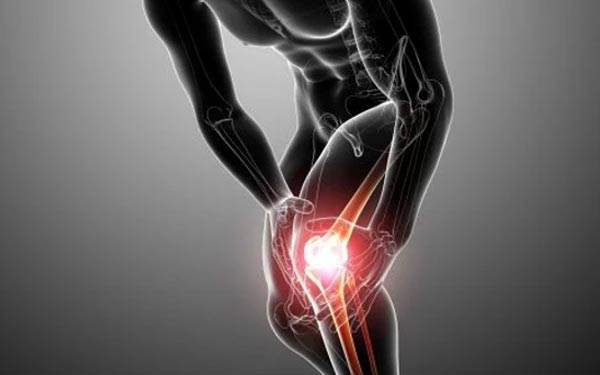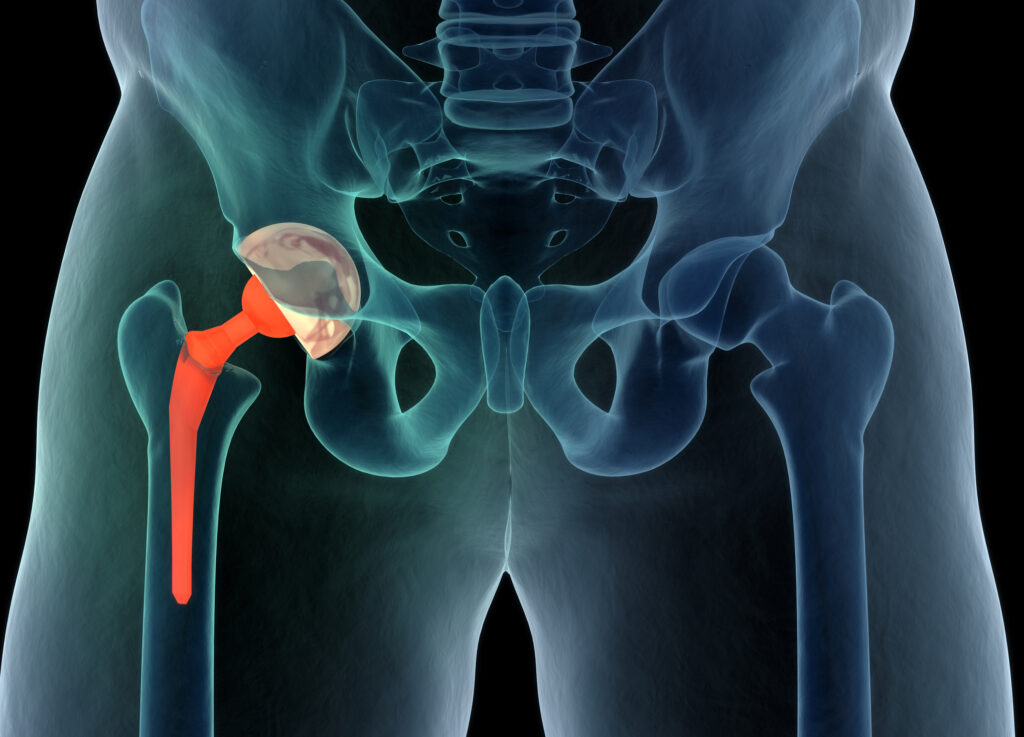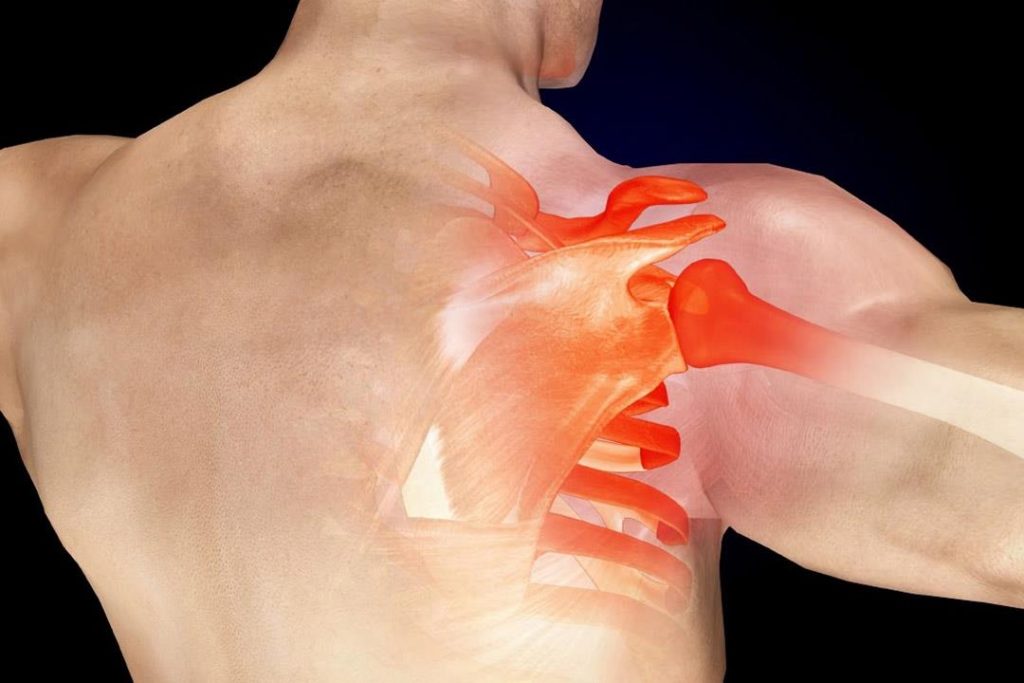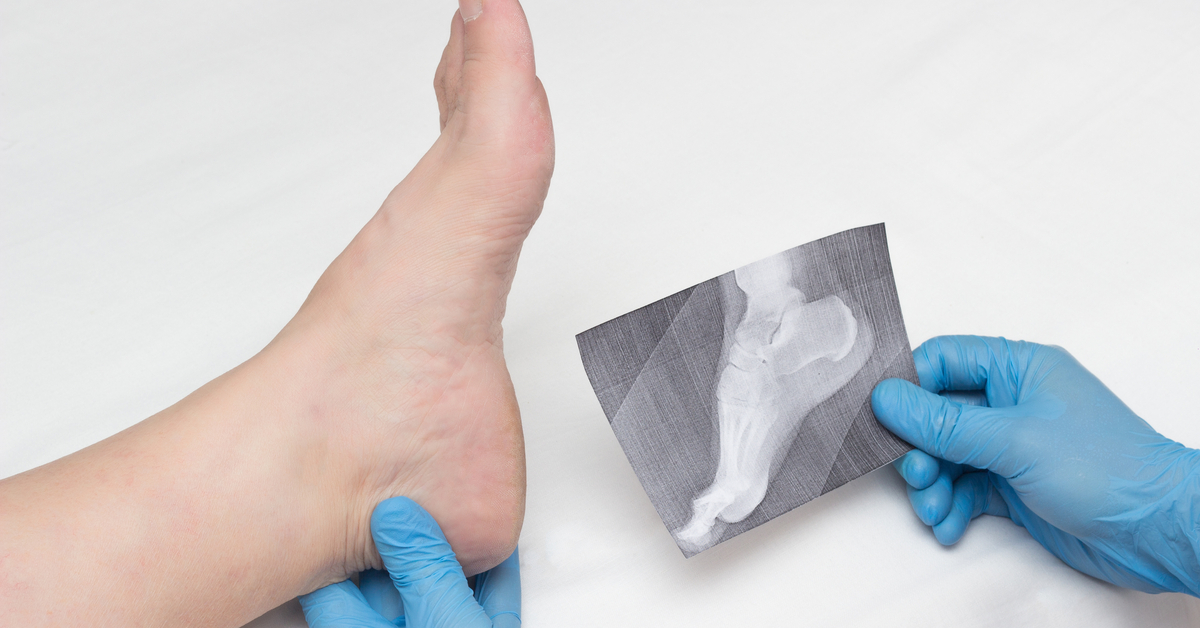Learn more about ways to strengthen bones
Strengthening bones is essential to maintaining a person’s health and the extent of his resistance to diseases related to bones, especially in the elderly, and in order to learn more about important and detailed information regarding how to strengthen bones, whether, in children, youth, or after forty, we offer you this article.
Strengthen the bones
It is known that the bones are one of the main pillars of the body, which works to protect the organs that are less solid and can resist shocks. Bones help us to do sports and carry out daily activities naturally without the need for someone to help us, which makes a good lifestyle and you feel healthy and active.
Preserving bone mass is a very important thing, and it is not related to children loss or in adolescence, but especially in the stages of youth or people over forty, because in this age stage the bone mass of the body begins to decrease, or in other words, the body’s production of new bones becomes less rapid than the erosion of old bones, so the person becomes more vulnerable to osteoporosis and other injuries.
The importance of protecting bone health
Bones are of great importance in more than one function that the body performs daily and maintaining bone mass and the health of the body’s skeletal structure is essential for it to function properly within the body. Good bone-building can begin in the childhood and adolescence stages, but it can also be strengthened in the youth stage.
The body produces new bones periodically after the wear or erosion of the old bones in order to maintain the body mass in a good condition and carry out your activities normally, but at the beginning of the age of thirty – for most people – the bone mass of the body begins to decrease relatively due to the slow formation of new bones and the loss of a larger part of bone mass, which may cause you to develop weak or osteoporotic bones.
Protecting bone health in the pre-30s is a good thing because it helps the body to be strong in the face of bone deterioration, and the greater the bone mass and bone density you have in good condition, this helps you reduce the risk of developing weak bones due to age.
Factors affecting bone health
There is more than one reason that affects the health of the bones and leads to a decrease in their mass, including:
- Gender of the person: Women are often more susceptible to bone problems than men, especially after the age of forty or at menopause.
- Aging: The age factor is one of the reasons that affect the bones and make them weaker and less dense over time.
- Smoking: Smokers are more likely to have a breakdown in bone mass or put the body at risk of osteoporosis.
- Decreased levels of some nutrients: The lack or absence of some substances in the body, such as calcium, is one of the reasons that reduce bone mass and density, and thus the person becomes more vulnerable to weak bones.
How to strengthen bones and maintain their health
A simple modification or change in your habits and doing some activities can help build a good bone mass for the body and reduce the loss or decrease in bone density, and we offer you some tips recommended by doctors regarding strengthening bones, which are:
Maintain a healthy diet
- Paying attention to the amount of calcium present in the body, because the amount recommended by doctors is 1000 milligrams per day for adults and increases to 1200 milligrams for women. You can find calcium in foods such as dairy, almonds, broccoli, sardines, and soy derivatives.
- Include some important nutrients in your healthy diet, including vitamin D, which works to make the body benefit from calcium and absorb it properly, especially in ages from 19 to 70. Some foods such as salmon, tuna, mushrooms, and whole grains contain large amounts of vitamin D.
Commitment to exercise
Physical activities and practicing them regularly is one of the important factors in strengthening bones and maintaining their mass in good condition. You should not practice violent or vigorous sports. It is possible to continue walking, running, climbing stairs, and sometimes cycling or swimming, all to maintain bone health in the best condition.
Not taking medications excessively
- The use of drugs without consulting a doctor does not benefit health at all, but usually causes other complications that the person may not realize or feel until after a period of taking the medicine, and among the things that affect the bones and their health is the excessive use of types of medicines without referring to the specialist doctor or pharmacist.
Avoid smoking or consuming alcohol
- Smoking or dealing with smokers daily is one of the negative factors that affect bone health and causes them to corrode and fray faster, as well as consume alcohol in large quantities. A person may suffer great damage that is difficult to treat later, and doctors advise to immediately stay away from them in order for the person to maintain the strength and health of the bones.
Paying attention to checking the bones periodically
- Usually, many people neglect to conduct a continuous examination of the bones to identify the speed of new bone formation and the rate of bone loss, especially after the age of thirty, or if the person has a genetic history of bone diseases, so a person needs to maintain x-rays and periodic examinations of the bone.
Common questions about strengthening bones
How do I know that my bones are strong?
There is a bone density test recommended by doctors that measures bone mass and density and determines the possibility of osteoporosis or various fractures because it detects disorders that occurred to the bones, the test is done by using X-rays and electromagnetic waves that reveal the percentage of minerals, especially calcium, in the part under examination. Most of the time, the bones of the forearm, thigh, and spine are tested.
Usually, a bone density test is performed for postmenopausal women or after the age of 65, for those whose bone mass is less than 45 kilograms, and for men over the age of 70. Sometimes people who have had bone fractures undergo a bone density test.
Instructions for preparing for a bone density test
- Avoid taking any calcium supplements for at least a day before the test.
- Take off all metal that the person is wearing.
- Refer to the doctor if you have had other radiological examinations recently.
Bone density test results
The results of the examination are monitored by the rate method, and depending on the percentage that appears to you, you can know the actions that must be taken in this period, and the results are as follows:
- If the result is -1 or greater, the person is in the normal range for bone density.
- If the results are between (-1 to -2.5), then a risk indicator appears and indicates the possibility of a person developing osteoporosis.
- If the result is (-2.5) or less, the person has a higher chance of developing osteoporosis and should return to the doctor as soon as possible.
How do I strengthen my bones in a week?
Some points can be taken care of in order for a person to strengthen the bones and maintain their health, including:
- A person can increase their daily calcium intake by eating milk or salmon, or by taking nutritional supplements.
- In order for calcium to be well absorbed, attention must be paid to the level of vitamin D and vitamin C present in the body.
- Make sure to exercise regularly, including running, jogging, or swimming.
- Avoid taking medicines without consulting a doctor or pharmacist.
- Increase exposure to the sun early in the morning for up to 15 minutes daily – if possible -.
- Switch between standing and sitting to help bones and muscles maintain their flexibility.
Strengthening bones, joints, and nerves
There is an integration between all parts of the body for each organ to function properly and function in the natural system of the body, and attention to bone health must be followed by preserving and taking care of the health of the joints and nerves for integration to occur between them and for the person to be strong and able to carry out the usual activities without much stress.
There is more than one method through which bones, joints, and nerves can be strengthened, including home instructions and others in which natural materials can be used. In both cases, they are safe for the person’s health and can be followed immediately, as follows:
How to strengthen bones and joints at home
- Avoid eating foods that contain large proportions of salts because they affect the body’s loss of calcium.
- Adding foods rich in calcium and vitamin D and C to your daily diet so that the body can benefit from them more.
- Maintaining sitting in the sun at a daily rate of 10 to 15 minutes, especially in the early morning hours.
- Quitting smoking and avoiding alcohol are key to maintaining bone mass and reducing the risk of osteoporosis.
- Be sure to take supplements that contain collagen or omega-3 fatty acids, which work to strengthen and strengthen muscles and bonds between bones.
- Sleeping well and resting regularly helps the body build stronger bones and maintain muscle mass.
Natural ways to strengthen bones, joints, and nerves
- Aloe vera: Aloe vera contains natural substances that help get rid of the inflammation that affects the joints and strengthens the nerves.
- Frankincense: Frankincense can reduce inflammation in the joints and relieve symptoms of neuritis.
- Sage: It stimulates the nervous system and helps in enhancing cognitive functions within the body.
- Turmeric: Turmeric helps the body to resist more than one disease, especially what affects the joints, so it is an important element in protecting nerves and bones.
Vitamins to strengthen bones and nerves
There are many types of vitamins that benefit the body and help to build it properly and work for the organs in the body to perform their role effectively, and there are many vitamins responsible for strengthening bones and nerves, and you may find them in different types of food or come from the healthy sunshine, and some cases resort to the use of medicines and nutritional supplements.
Vitamins usually help avoid osteoporosis and some other diseases that may affect the bones, especially in the elderly. Here are some important vitamins to strengthen bones and nerves, and the foods in them are:
- Vitamin A: It is considered a fat-soluble vitamin and thus helps the body avoid bone diseases. The body needs about 3000 IU for men and 2300 for women.
You can find vitamin A in more than one type of flavor, including carrots, eggs, sweet potatoes, and spinach.
- Vitamin B12: One of the most important types of vitamins for strengthening bones, which helps a person avoid the risk of osteoporosis. Vitamin B12 is absorbed through the stomach, but in the elderly, the matter may get worse and it is difficult to absorb the stomach, so vitamin B12 injections are used.
- In order to benefit from a new vitamin B12, it is important to include it regularly in your diet from several foods, including fish, shellfish, dairy products, and meat of all kinds.
- Vitamin K: It is important to know what vitamin K does in the body. It works to reduce fractures in the thigh area and helps to get rid of calcium accumulations in the arteries, kidneys, and heart. You can take more vitamin K2 than vitamin K1 because the body benefits from it better. up to 10 times larger.
In order to benefit from vitamin K, you must make the elements containing it part of your daily diet, and foods that contain vitamin K are olive oil and green leafy vegetables such as spinach, broccoli, and parsley.
- Vitamin C: It is one of the vitamins that work to strengthen bones and nerves because it is involved in the formation of collagen, which increases bone density, and you will find it in more than one food source, including sweet peppers, citrus fruits, strawberries, and others.
Strengthening bones after the age of forty
It is important to take more care of the body and the nutrients that it includes in your daily system, because it affects the proper functioning of the body, especially in the stage of deterioration that usually begins after the age of forty, especially in women in the postmenopausal stage, because hormones and some vitamins decrease in their percentage in the body, and thus affect the person’s health condition.
Proper nutrition and the use of appropriate nutritional supplements that maintain the level of vitamins in the body are among the most important tips recommended by doctors to strengthen bones after the age of forty, and there is more than one element that you should add to your food and be keen to eat it regularly in order to avoid health problems after the age of forty.
The most important vitamins recommended after the age of forty
- Vitamin D
- vitamin C
- Vitamin B6
- Vitamin B12
The most important minerals and nutritional supplements recommended after the age of forty
- calcium
- potassium
- boron
- magnesium
- zinc
- Omega 3
- Collagen
Here are some tips that can be followed when taking vitamins and nutritional supplements to get the most out of them:
- You should consult your doctor to find out what vitamins you need and what nutritional supplements are appropriate for you.
- Read the instructions written on the medicine package well.
- Continuous follow-up with the specialist doctor regarding doses and progression of the condition.
How to strengthen bones
Maintaining bone health and strength is an important matter, and a person must take good care of it in order for his health to be good and build a good bone mass that helps him protect his body from the risk of osteoporosis. The earlier a person begins to strengthen his bones, the greater his chances of avoiding bone diseases.
Here are some tips to help you keep your bones strong:
- Maintaining an appropriate weight and working on eating foods that are balanced in calories and rich in nutrients that benefit the body.
- Giving the body rest, which helps the nerves and bones to grow properly.
- Drinking water and fluids regularly because it helps in strengthening bones and muscles.
- Avoid smoking and smokers, and beware of consuming alcohol to maintain the general health of the body.
- Doing low-intensity sports such as walking or swimming to maintain the bone and muscle mass of the body in a good way.
- Refer to the doctor to consult him about the most appropriate nutritional supplements for the person and follow-up doses and side effects.
Bone strengthening foods
Taking care of bone health and strength since childhood is a good thing and helps a person later to avoid the risk of osteoporosis and fractures, but in the youth period there are also some foods that you can benefit from in strengthening bones, especially when you eat them regularly, which are:
- Dairy products: Dairy derivatives are one of the important nutrients that provide the body with calcium, which works to build bones properly and increase their density.
- Sweet Potato: It contains potassium and magnesium minerals, which work primarily to benefit the body from calcium and form strong bones.
- Fatty fish: It contains vitamin D, which is the most important element that works to absorb calcium well into the body.
- Green leafy plants: These types of foods contain fiber, iron, and a good percentage of calcium, as in spinach and broccoli.
- Figs: Figs are considered one of the most powerful types of fruits that affect bone health and strength because it contain calcium and magnesium in large proportions.
- Tomato juice: You may not think of the benefits of tomato juice, but they are many. It contains more than vitamins A, C, and C, and it also contains calcium and magnesium in certain proportions.
How do I increase bone density?
A person can significantly increase bone density through many signs indicated by the World Health Organization, including the following:
- Maintaining a healthy weight and avoiding obesity and fast foods that greatly harm the health of the body in general.
- Exercising regularly and you do not need violent exercises, but you can only practice running or lifting light weights, and swimming is also a good option for raising bone density.
- Introducing fruits and vegetables to your daily diet, which work to strengthen immunity and supply the body with important minerals and fibers, especially vitamin C, which works to reduce bone erosion.
- Regularity in supplying the body with certain proportions of calcium, whether from foods that contain it or from certain medications that contain calcium.
- Increasing bone density and health depends mainly on the protein in the body, so eating it regularly is important to strengthen the bone.
Some common questions about increasing bone density and strengthening
What is the drink that strengthens the bones?
Milk can come at the top of the list of drinks that help strengthen bones because it contains a large proportion of calcium, and comes after it juice of all kinds of vegetables and grapefruit juice as well.
What is the food that strengthens the bones?
More than one type of food helps to strengthen and strengthen bones, including dairy products, nuts, dark vegetables, oily fish, avocados, and others, which contain proportions of calcium and protein.
What is the fruit that strengthens the bones?
Adding fruits to your daily plate makes the body less susceptible to many bone problems, including softness and osteoporosis, so do not forget to include fruits such as figs, bananas, avocados, dried fruits, oranges, and plums to your daily nutrients.
What are the vegetables that strengthen the bones?
Vegetables are one of the important foods that must be included in daily meals, especially for children, because they help build healthy bones and also add many minerals to the body. Among the types of vegetables that most affect bone density are spinach, parsley, watercress, and sweet potatoes.
Do dates strengthen the bones?
Dates contribute to supplying the body with calcium, which is an essential element that contributes to building bones properly and raising their density and strength.
Do eggs strengthen bones?
One of the important vitamins in the formation of healthy and strong bones is vitamin D, which is present at a high rate in eggs, each of which contains about 41 full grams of vitamin D.
Does fenugreek strengthen bones?
Fenugreek has more than one benefit that it gives to the body, including that it contains calcium, which is the mother element in building strong bones that resist fragility and softness. It also provides women with a percentage of female hormones that reduce the impact of menopause on them. Also, fenugreek contains anti-inflammatory and rheumatic diseases.
Does honey strengthen the bones?
Indeed, honey strengthens the bones because it contains an auxiliary element in the absorption of calcium within the body in a good way and also helps in transferring it to the bones in a large way.
Does salt strengthen the bones?
Despite the damage caused by salt, eating small amounts of it or including it in your daily system may help the body maintain bone density and work on regular blood circulation as well.
Does drinking water strengthen the bones?
Water represents one of the most important elements that the body cannot dispense with, and it works great to improve metabolism and benefit the body from all the minerals and vitamins that enter it, especially since there are types of vitamins that must dissolve in water so that the body can absorb them.
Water also helps the person maintain a healthy weight, which reduces pressure on the bones and makes the body maintain its bone mass, and prevents the person from developing diseases such as osteoporosis.
What are the herbs that strengthen the bones?
There is more than one type of natural herb that strengthen bones and enhances their density, including:
- Soy: There are a number of estrogen-like compounds in soy and its products, which work to maintain bone density and protect it from mass loss.
- Red clover herb: There are natural substances in red clover that build healthy bones and protect them from wear.
- Horsetail herb: This plant plays an important role in strengthening bones and improving their density because it contains large proportions of silica.
Does milk benefit the bones?
Certainly, there is a great benefit of milk on the bones because it works for the bones to form properly and provides them with the required calcium in order to be good and increase their density and thus be more resistant to bone-related diseases, and milk can also enhance the body’s ability to absorb calcium because it also contains vitamin D.

